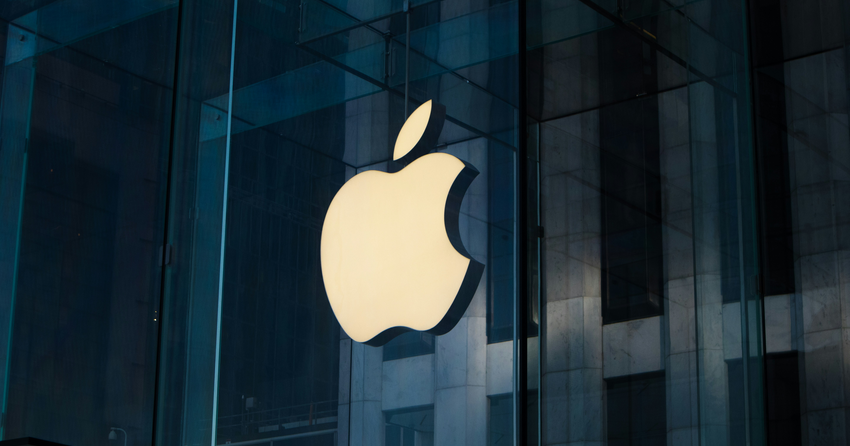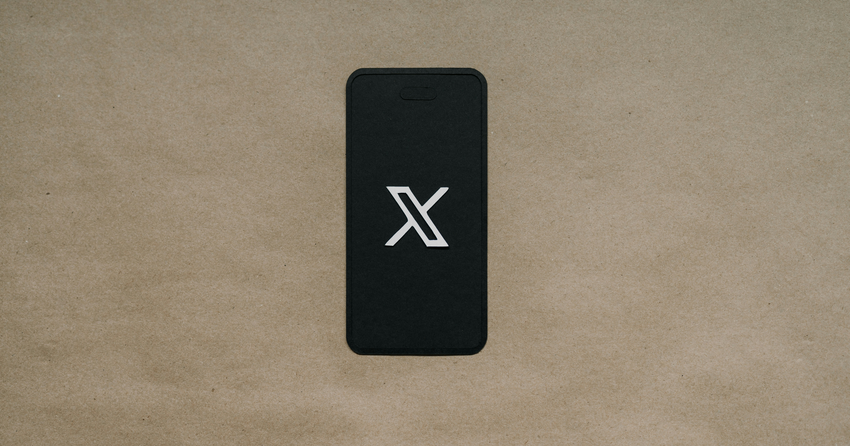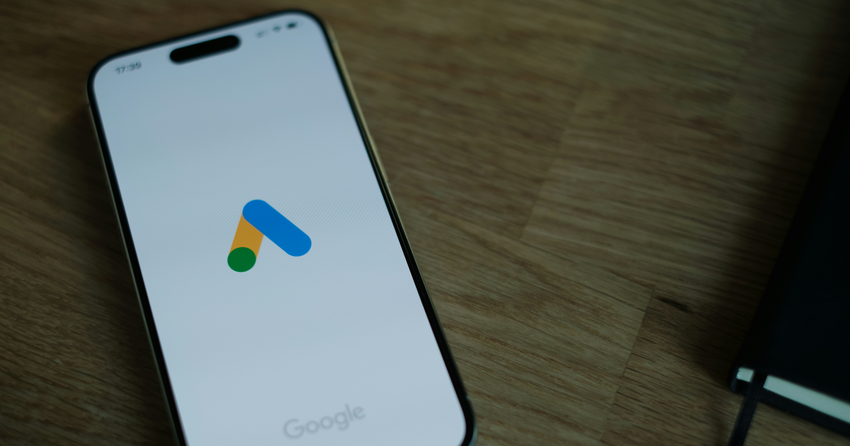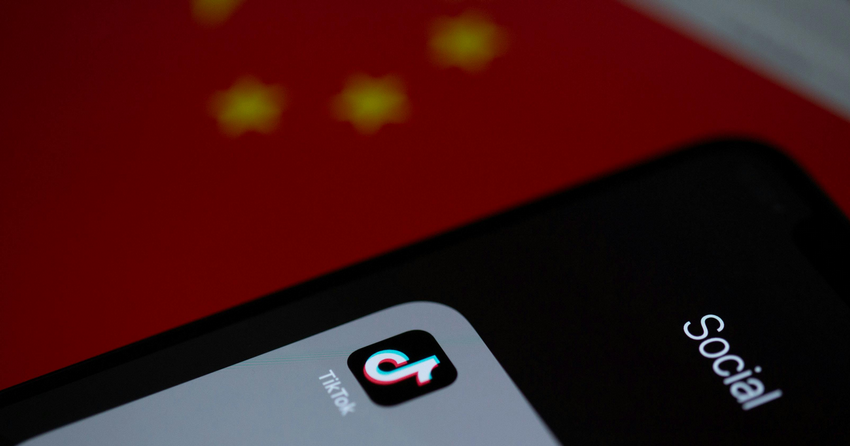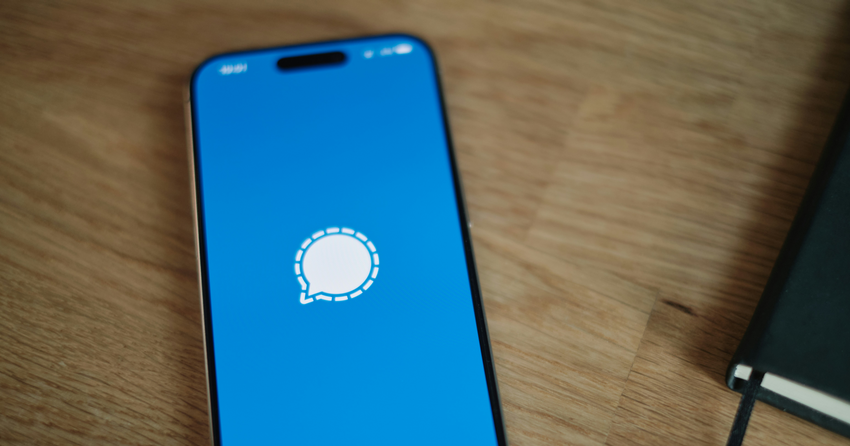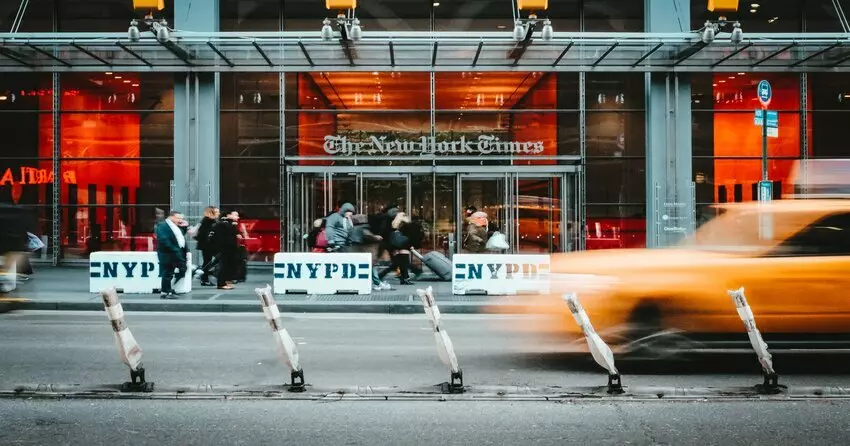
The New York Times Sues OpenAI and Microsoft
The New York Times (NYT) filed a lawsuit against OpenAI and Microsoft, claiming copyright infringement. The lawsuit, filed in the Federal District Court of Manhattan at the end of December, is the first suit from a major American news publisher against the technology giants.
The lawsuit alleges that OpenAI’s Large Language Models (LLMs), now used by Microsoft in many of its products, used millions of the newspaper’s “copyrighted news articles, in-depth investigations, opinion pieces, reviews, how-to guides, and more” as training material.
NYT produced an example where Microsoft’s search, powered by ChatGPT, returned results that were a near exact match to an article from Wirecutter, NYT’s product review site. The search results failed to link to the source article and did not have any of the referral links that Wirecutter includes to generate commissions from sales of the products.
The lawsuit claims that OpenAI unlawfully used NYT’s work to “create artificial intelligence products that compete with it” without permission or compensation. The publication is naturally concerned that readers will opt to use free chatbots to get access to news, rather than visiting its website directly or paying for subscriptions.
NYT is calling for monetary compensation, without specifying an exact amount, and is requesting that OpenAI “destroy any chatbot models and training data that use copyrighted material.”
NYT is using law firms Susman Godfrey and Rothwell, Figg, Ernst & Manbeck as outside counsel for the litigation. Susman Godfrey also represents authors whose books have been used to train AI models in a proposed class action suit against Microsoft and OpenAI.
The lawsuit comes after talks between NYT, OpenAI, and Microsoft that began in April have failed to reach a suitable agreement for all parties.
OpenAI spokesperson Lindsey Held said in a statement, “We respect the rights of content creators and owners and are committed to working with them to ensure they benefit from AI technology and new revenue models.” OpenAI said it was “surprised and disappointed with this development” and hopes the companies “will find a mutually beneficial way to work together.”
Other news outlets have negotiated deals with OpenAI for the use of their material in LLMs. The Associated Press (AP) concluded a licensing deal in July and German publishing house Axel Springer concluded its deal with OpenAI in December.





